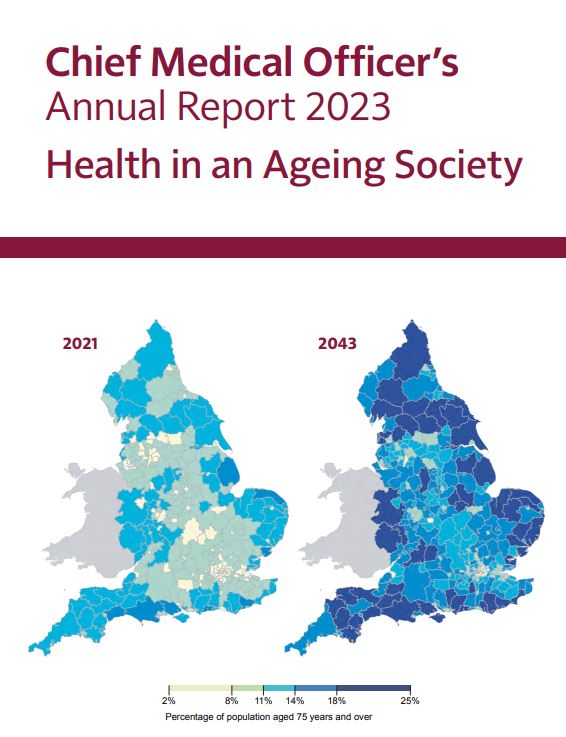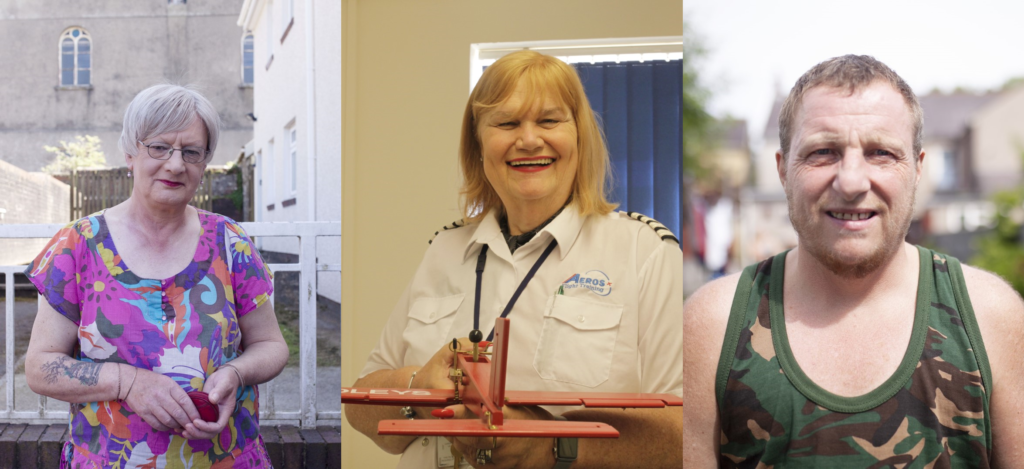Chief Medical Officer’s Annual Report: Health in an Ageing Society published
England’s Chief Medical Officer Professor Chris Whitty, in his annual report (published on 10 November 2023), says we need to focus on how to maximise independence and minimise time in ill-health between people reaching older age and the end of their lives.







